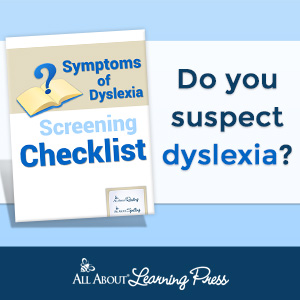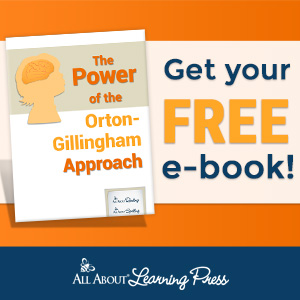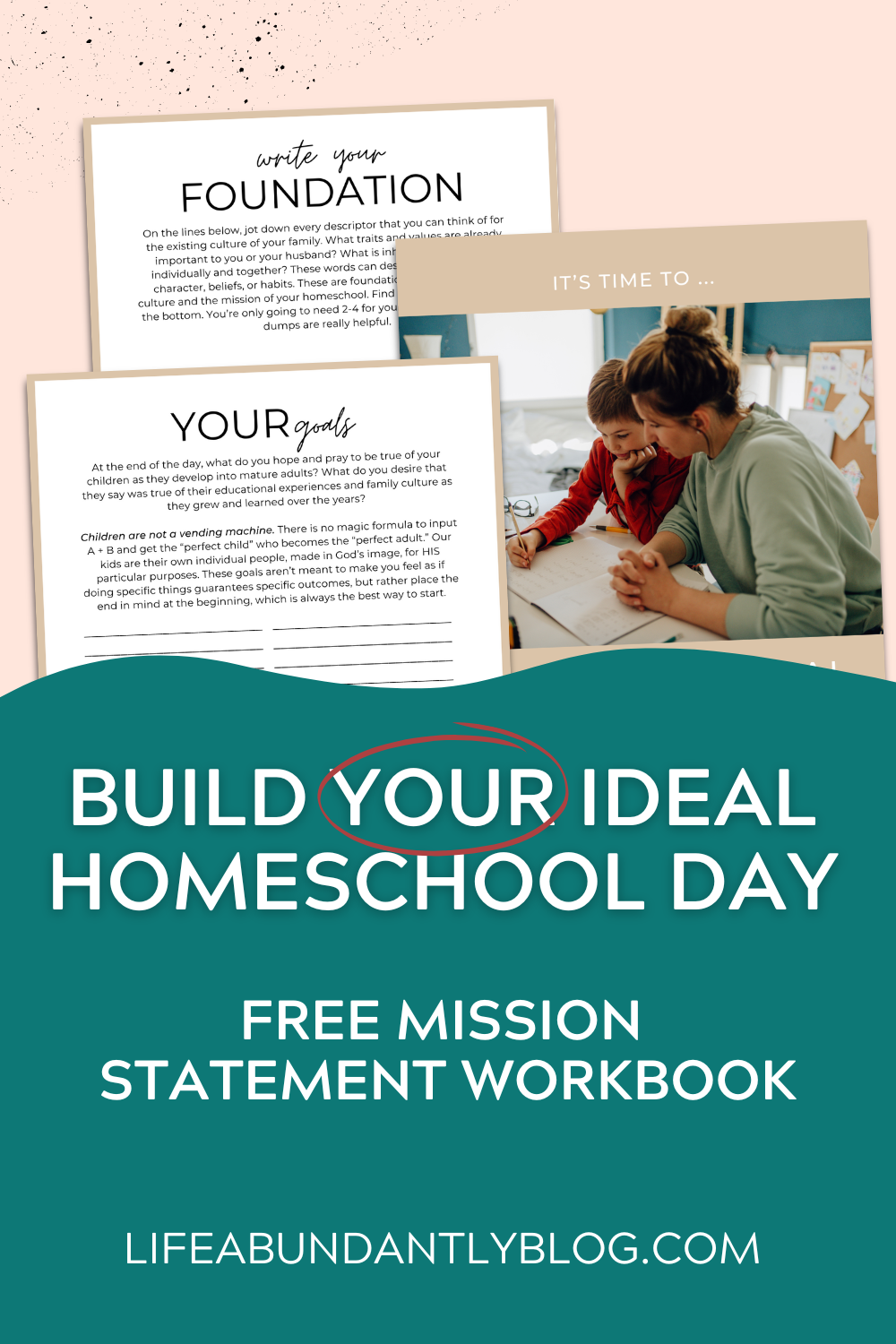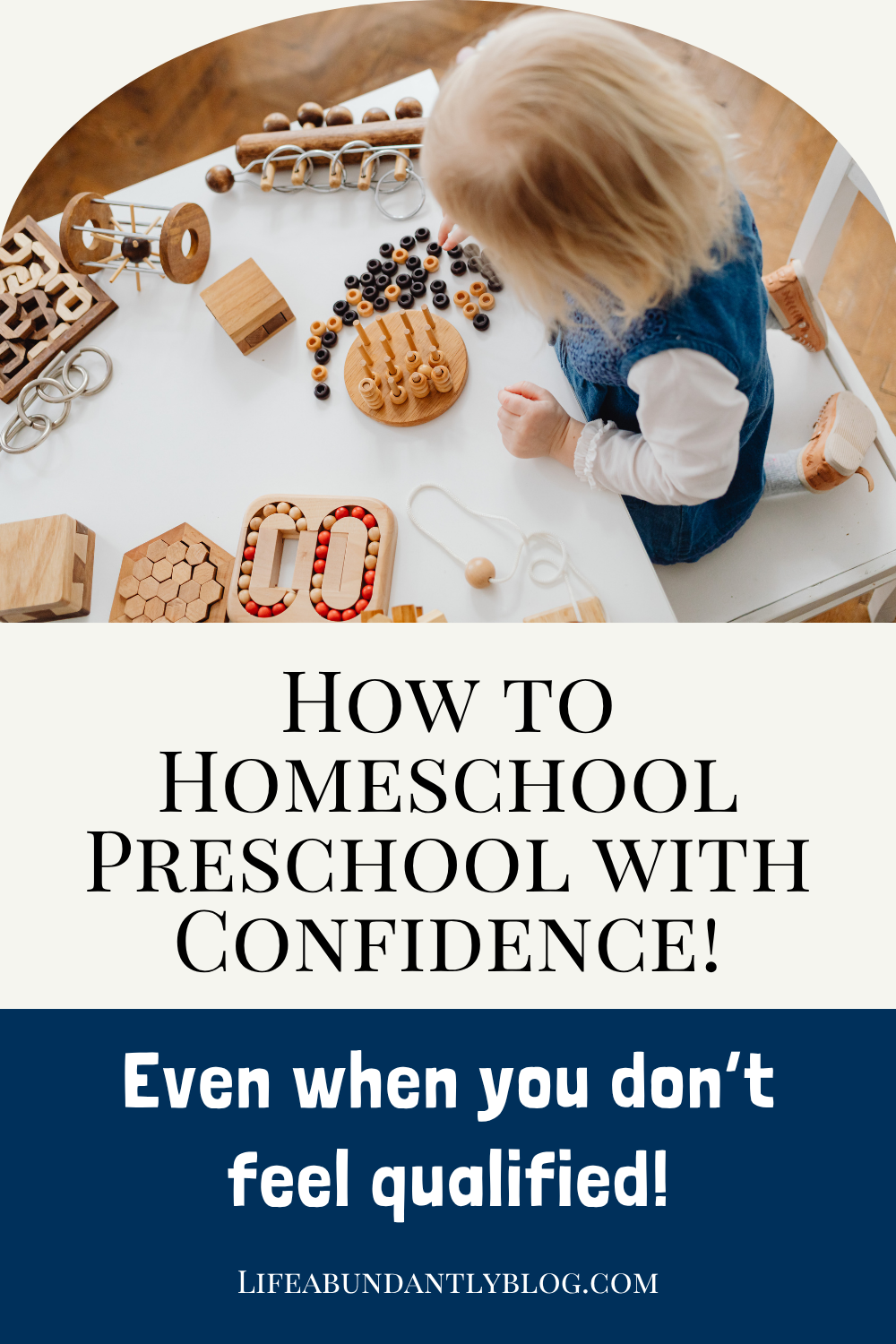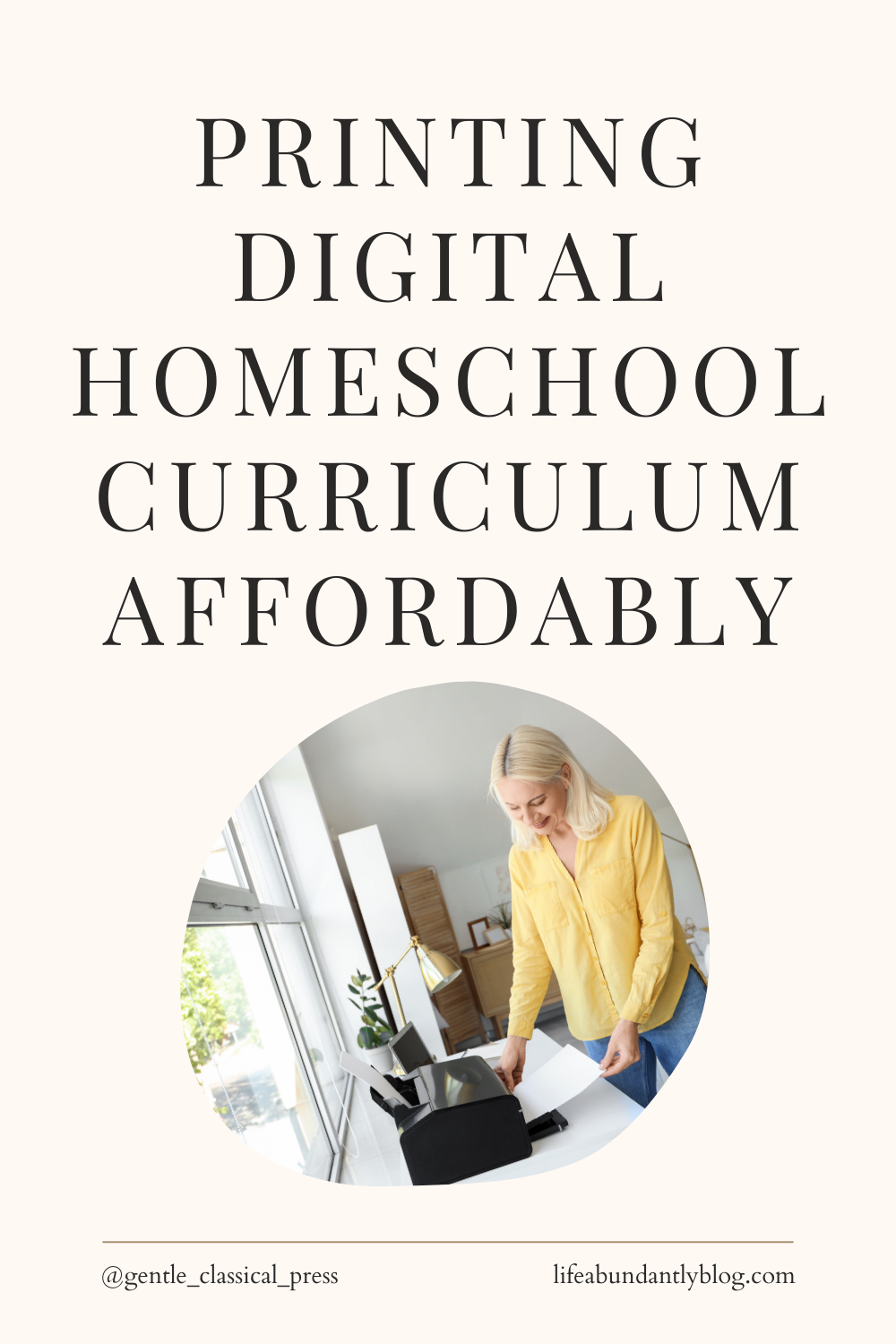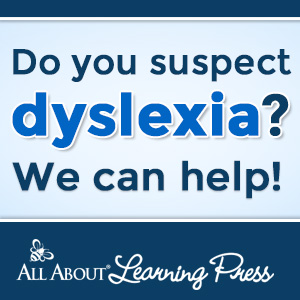How I Taught My Profoundly Dyslexic Daughter to Read {on Grade Level}- FREE Worksheet Available
/There's little that strikes more fear into a homeschool mom's heart than the idea of teaching her child to read. It seems that every aspect of their child's future success is hinged upon this necessary, often ominous, skill. I know some homeschool parents that send their children to school for kindergarten and first grade, just to skip the stress of it! So, for a new homeschool mom to be greeted with a child whom she is doing everything "by the book" for and nothing seems to be sticking... well, it honestly feels like their deepest fears of inadequacy are coming to fruition.
You can feel like you must be the biggest homeschool failure in the world when you've been working diligently to teach your child phonics for over a year, and they still know less than a handful of sounds. You can be certain you've ruined your child's future when they are 7, and despite working to identify letter NAMES since they were 4, they still visibly struggle to name each letter. You can feel like pulling your hair out when your child sounds out CCCCC-AAAAAA-TTTTTT on one page, then sees it again 8 more times in the SAME book (seconds apart) and STILL has to sound it out like she's never seen the word in her life every single time. You can get seriously ready to quit homeschooling altogether (I certainly know this).
Personally, after struggling through pre-k, kindergarten and half of first grade feeling like an abject failure as a mother and teacher, I was overwhelmingly relieved to hear: "your child is profoundly dyslexic."
I might not should have been, but it was a huge weight of guilt and burden from my shoulders to realize it wasn't MY FAULT.
And even more importantly — IT WASN'T HER FAULT. She wasn't being "hard-headed" or disobedient or lazy or lacking self-control. She WAS trying. She was trying as hard as she could, and she was overwhelmed with her own inability to "get it" when she KNEW she knew it yesterday.
Bless her. Bless me. Bless you.
Once I knew that these struggles we were having weren't of our own choosing or failures, it gave me freedom to approach her education with the weight of the world lifted from my shoulders. It certainly didn't all become sunshine and skittles — but I (so importantly) was finally able to have APPROPRIATE EXPECTATIONS for my daughter.
I read somewhere, during my research, that it takes a dyslexic reader seven times as long to retain information as a typical learner. Ahhhh — sigh of relief. Why? Because this means she CAN LEARN IT.
It means it will be hard, tedious, stressful, potentially mind-numbing... but possible! That invigorated me so much! Her life didn't have to be all audiobooks and accommodations like I was hearing from public school friends. She was capable, and if that was the case, I was determined to do everything I could to help her succeed. And so we dove into learning to read with incredible vigor (and moreover diligence), and I'm exceedingly proud of all she has accomplished.
So how did we do it?
Here's the extremely abbreviated overview of what we tried, what worked, and what didn't.
The Logic of English (fail)
This curriculum is highly recommended, and I LOVED how she broke the Orton-Gillingham method down. The fail for us was the incredible amount of content in one single lesson and the intensity in the memorization of rules — especially spelling. (Spelling was not and is not a priority for me — simply reading and comprehension were).
After weeks and weeks and weeks, we'd still be stuck on the same lesson. It was disincentivizing to us both.
What I did LOVE about this program were the phoneme cards. We went through those cards daily for two years, without fail. We lived and breathed all the sounds each letter or letter combination made. This was KEY. (I used the first edition of this program, so to be fair, I believe the length of the lessons has been altered in later editions.)
ALL. THE. GAMES.
Pinterest became my best friend (you can follow my boards here). If it used her whole body, and I could figure out how to use it to practice sight words, sentence copying, or reading — we did it.
Hopscotch with sight words was a favorite as well as writing her copywork in sidewalk chalk on the driveway. Anything to make it not seem like a tedious chore. We used words on cards to build sentences instead of writing them. We avoided writing absolutely as much as possible (yep, dysgraphia here too).
Sight words. Sight words. Sight words.
You like how repetitious I am? It's a thing now. But seriously — sight words were integral.
I know some OG programs do not focus on them heavily. I simply printed out a list of the top 300 sight words (which you can grab for free from the Member Resource Library), and we wrote them on flash cards.
She couldn't spell them to save her life, but over time she could remember them, read them fluently, ultimately increasing her overall fluency. This was KEY for her fluency and thusly her confidence!
We drilled and drilled, in every way I could imagine. We only took on 10-15 sight words a MONTH, and it was worth it. She completed the first 300 sight words by the end of 3rd grade.
Software
My kids like computer games and with this particular kiddo (and how we tend to bump heads), sometimes she needed to learn ELSEWHERE.
We used Hearbuilder and really loved it (she unofficially has Auditory Processing Disorder). I saw some serious gains there.
Also, in addition to our instruction time, she worked through the entire Ooka Island program AND Reading Eggs. (We love them both!).
Vision Therapy and Sensory Integration Therapy
This whole topic will get a full post of its own (in due time), but suffice it to say, the testing we received through Snider Therapy in Birmingham, AL was eye-opening.
It was like Mr. and Dr. Snider had been flies on the wall in our home. We both broke down in tears after the evaluation interview because she felt understood for the first time in her life... and I felt like I had NOT understood which broke my heart.
If you have a dyslexic kiddo (with possibly some sensory and auditory issues to boot), you know that the challenges can extend well beyond the struggle to read. While we only did vision therapy for 3 months total (finances), we did a full 2-week Sensory Integration Therapy program that gave us a HUGE push forward. (Again, this warrants its own post.)
Violin lessons
We've all heard music can be completely brain-changing, and we experienced this ourselves.
My dyslexic kiddo began violin lessons when we had to drop vision therapy. She took violin for 2 years, then added piano for the third.
I saw INSANE GAINS in her ability to see things, process information, retrieve the correct words, articulate her thoughts, and READ.
After one year of violin, she gracefully moved from learning to read to reading to learn.
All About Reading (win!)
I tried several unmentioned programs throughout this season of figuring dyslexia out, and this by far, is my favorite. There's a full review over at Hayley's Curriculum Corner where I added my thoughts for a dyslexic student.
This program is invaluable and EASY to use and EFFECTIVE. 'Nuff said.
Gluten
As a Mama with celiac disease, I'm pretty quick to look to food when anyone is having any kind of issue. After a gluten-free trial, then a reintroduction after a few months, I quickly realized that gluten affected her ability to decode TREMENDOUSLY.
As in, eating a bite of bread takes her back to struggling over CAT. Seriously.
Lastly — TIME!
Typically our dyslexic kiddos are a bit asynchronous in a variety of ways.
What I've learned above all things is to give her time. My daughter has always had huge SURGES of progress, incrementally — and also times where she seems to be at a total standstill or even losing ground for months.
So, I stop. I wait. I stop pushing forward and give her room to grow. I take the too-hard thing off the table and just let her rest where she is. Always, always, she surprises me with a sudden huge surge in gains.
It just takes time.
So where are we now?
It's currently January of her 5th grade year. All of the books that she is reading (and has read) this school year are on a 4.0-6.0 reading level.
She does utilize audiobooks for the selections we use from Ambleside (since the language of those books isn't quite typical compared to what we are used to hearing and reading), but she physically reads for an hour each day (in addition to her audiobooks).
She reads for 30 minutes from a historical fiction book (she's reading Sophia's War right now), and then she reads something for literature (current selection is Because of Winn-Dixie).
She reads these books and EXCITEDLY narrates them to me.
Does she LOVE to read? Not really. She'd prefer to listen to an audiobook and by FAR, she'd rather be watching and making YouTube videos. But she CAN read. She can read well and as long as the book is moderately interesting, she can tell me every single detail with clarity and excitement.
And that, my friends, is ALL I could have ever asked for!
Favorite Resources
SCRIBD! Scribd is “Netflix for Books” but audiobooks as well. It’s a monthly subscription program ($8.99/mth) that gives you virtually unlimited access to almost every ebook or audiobook you can dream up.
I rarely can’t find something I’m looking for her — and these are professionally narrated audiobooks, not homemade ones. I also read 90% of my own books here as well. You can CLICK HERE to get a no-obligation first month free!Audible Memberships absolutely rock for books we can't get (or don't like the narrator for on Learning Ally).
Since she really likes to read on my Kindle Paperwhite (no glow like a normal Kindle), and we can use the Dyslexie font, increase line spacing, and increase font size, we absolutely love our Kindle Unlimited Subscription for the whole family!


